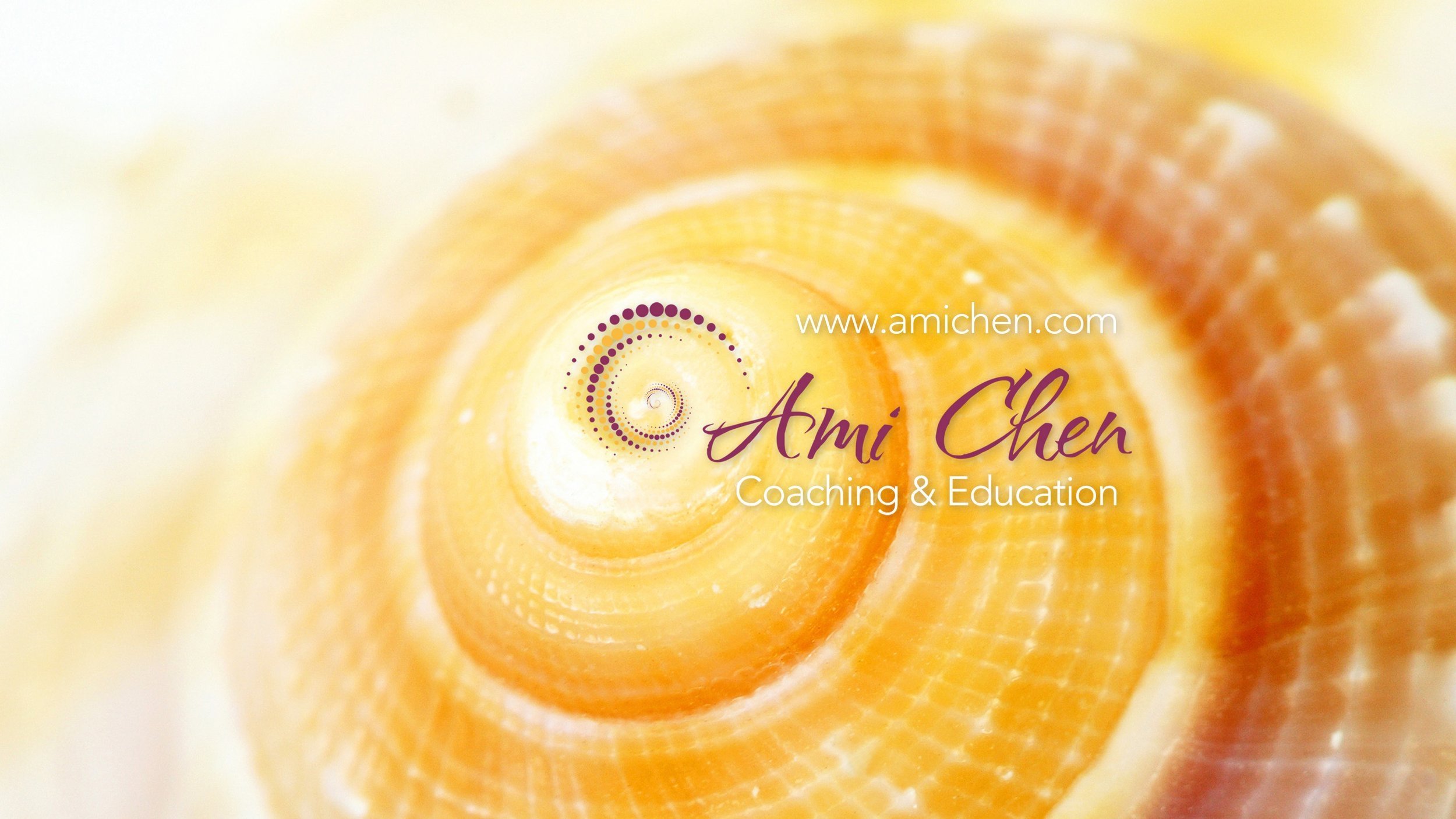Bouncing Back! Resilience for Ourselves Means Resilience for Our Families
This morning saw a major kerfuffle in our household. Has this happened to you? You wake up on the wrong side of the bed, and then your kid or someone else in your family has a bad moment, and you react, they react—and thus ensues a delightful downward spiral of upset … until one kid is perhaps crying, and perhaps you also are about to cry, or throw something at the wall, or storm off to a neighborhood bar (if only one were open at 7:30 in the morning!) You might see these incidents as thought storms, and if we can see them as such, the storm clouds pass, and we can welcome the sun of a clearer mind back pretty quickly. For me, "resilience" means returning to a more flexible mind, a more natural state of caring and compassion for ourselves, and our families that always lies within us.
That also happened this morning, when my youngest (who was crying because I raised my voice and told her she could no longer watch a TV show which was making her afraid of things … like, taking showers) suddenly was able to shake it all off, and say she was sorry. I, in turn, told her I would sit with her, near the shower when she bathed, for as long as she needed me to until she was no longer scared. This calming down happened within the space of 10 minutes or so. (The TV show is still banned.)
The danger of thought storms is that because of resultant intense feelings from such storms, we can begin to gather “evidence” for our feelings in the form of more negative thoughts. As we accept and believe these new thoughts, as we add fuel to our mental fire, resiliency or “bouncing back” begins to seem more and more distant.
I have worked for many years helping people see the connection between their thoughts and their resultant feelings. They begin to see that what they think is not necessarily true, and certainly, the “taking it personally” part is always optional.
They begin to see the distance to resiliency as the simple measure of a thought … either we follow a thought to its bitter end (or rather, miserable endlessness) or we let it go.
Sometimes, the best we can do is just not take our current thinking so seriously. This does not mean we never have a negative thought or feeling again in our lifetimes. It simply means that resiliency becomes a moment-to-moment experience, and not an in-born personality trait, or special skill. We all have resilience (the capacity to come back to our natural state of love, of simple being-ness). Although most of us will not escape the occasional thought storm, the way we handle such storms is our modeling for our children. Do we have to take a negative thought or judgment (of another, of ourselves) into the rest of our day, month … or life?
Even some of the “worst” moments in my marriage, for example, have come and gone quickly because I and my husband have refused to make a lot of meaning out of some kind of ego eruption between us. The ego will always react defensively, angrily. And being human means that we will be subject to "ego" from time to time. Yet, as a very wise person once said to me: “You can never get rid of the ego, but you can find out what it is, so that it does not control you.”* What is the ego? A kind of thinking. A kind of thinking that comes and goes, and actually begins to diminish as we shine the light of awareness on it.
We can hope for many things for our children, and for others in our families. But there is one thing we can always do on a daily basis that will help them more than all of our hopes and dreams for them. We can become more resilient ourselves. We can begin to see Thought in action. As we see ourselves more often as simply caught up in the human condition (like everyone else on the planet), caught up in Thought, we begin to transcend our own suffering, and become a part of the answer: for our children, for our world.
Ami Chen Mills-Naim is a mother of two and author of The Spark Inside: A Special Book for Youth and State of Mind in the Classroom. She leads a monthly drop-in class at Santa Cruz Yoga, including one this Saturday, April 16, 1:30-3:30 pm ($15 class fee). Ami is also a global speaker and wellness coach, with ongoing retreats and events worldwide. Find more at www.AmiChen.com
Future Drop-In Classes are second Saturdays, through Aug. 13.
*That wise person was Mr. Sydney Banks, author of The Missing Link and The Enlightened Gardener series, among other works.
